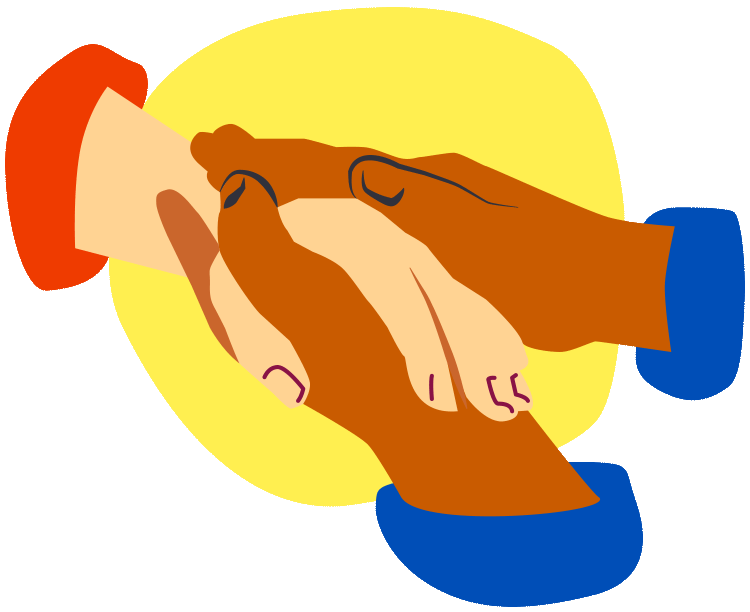
Denise's (Luke's Mum) Story
When my daughter first became ill, she was unreachable. She was in a place that I didn’t recognise. At first, she wasn’t able to communicate at all; she was completely mute. Little by little she found the ability to start talking and spoke about events that had apparently happened to her. I recognised some of the real-life events that had been incorporated into her own version, but when she related an incident where she was in a police station being beaten up and she could hear me outside saying ‘Stop, stop, they’re really hurting her’, I knew that hadn’t happened. But to her it was as real as any other event. I felt that she was very lost, and I wasn’t able to help her.
When my daughter first became ill, she was unreachable. She was in a place that I didn’t recognise.
I remember feeling that I was completely out of my depth. It was as if my daughter had been taken over and I no longer knew her, I no longer knew what was happening to her. But it was very obvious that she was in extreme psychic pain. Her stories didn’t make sense to me, although they did seem to link, in her mind, to what she had been through. To me, she displayed every sign of somebody who had been traumatised and that this was post-traumatic stress.
At that stage I think we both needed help.
Clinical explainer
Advice for family and friends

We went to the GP first and he referred my daughter to the hospital, and I think it must have been the hospital who got onto the Early Intervention team. To be honest, before this happened, I didn’t know the Early Intervention team existed and I have to say I think they’re really a very good idea because they can intervene, and they can make a very big difference before it escalates.
That first counsellor is really important, to the healing patient, and to the circle of carers. You need something that’s solid and secure that you can trust.
Once the Early Intervention team became involved, my daughter was lucky enough to have the same carer all the way through her treatment. We both found that enormously helpful. The counsellor came to my daughter’s house, somewhere where she felt safe and secure. We were really lucky to have a person who spoke to both of us at the beginning, because it is really difficult to work out exactly what’s happening in the mind of the patient. That first counsellor is really important, to the healing patient, and the circle of carers. You need something that’s solid and secure that you can trust.
Clinical explainer
Early Intervention Services

There was one really bad event when she had a bit of a relapse. She was acting unpredictably and putting herself at risk. I contacted the counsellor, who wanted a second opinion from a second GP. But it was a Friday and it was quite obvious that everybody in the health service was gearing up to be off for the weekend. This is a criticism I have of the system: if you’re going to care in the community, that cares got to be 24/7, it can’t be Monday to Friday 9-5. I contacted my daughter’s father who came and took her to a house in Wales and at 4:50pm, I received a call from the ambulance who said they were coming to take her to hospital and presumably section her. The fact that she wasn’t here was a great relief to me.

My daughter was quite insistent that she didn’t want any medication and that was crucial; she was able to feel in control of the healing process and how she got there. It was a great relief that she was able to get through the crisis without medication - and she was able to make a full recovery, with the help of the team and the ongoing counselling, so it was superlative, I think. Now when she has a bad time, she knows that she can recover and that she can recover on her own, with support, but she can recover.
I think it’s true that carers really do feel that they need the help as well. Because we’re all in unknown territory with no navigation maps at all, no idea what to do for the best. I really appreciated seeing the other carers and hearing their stories.
Read Gaia's Story